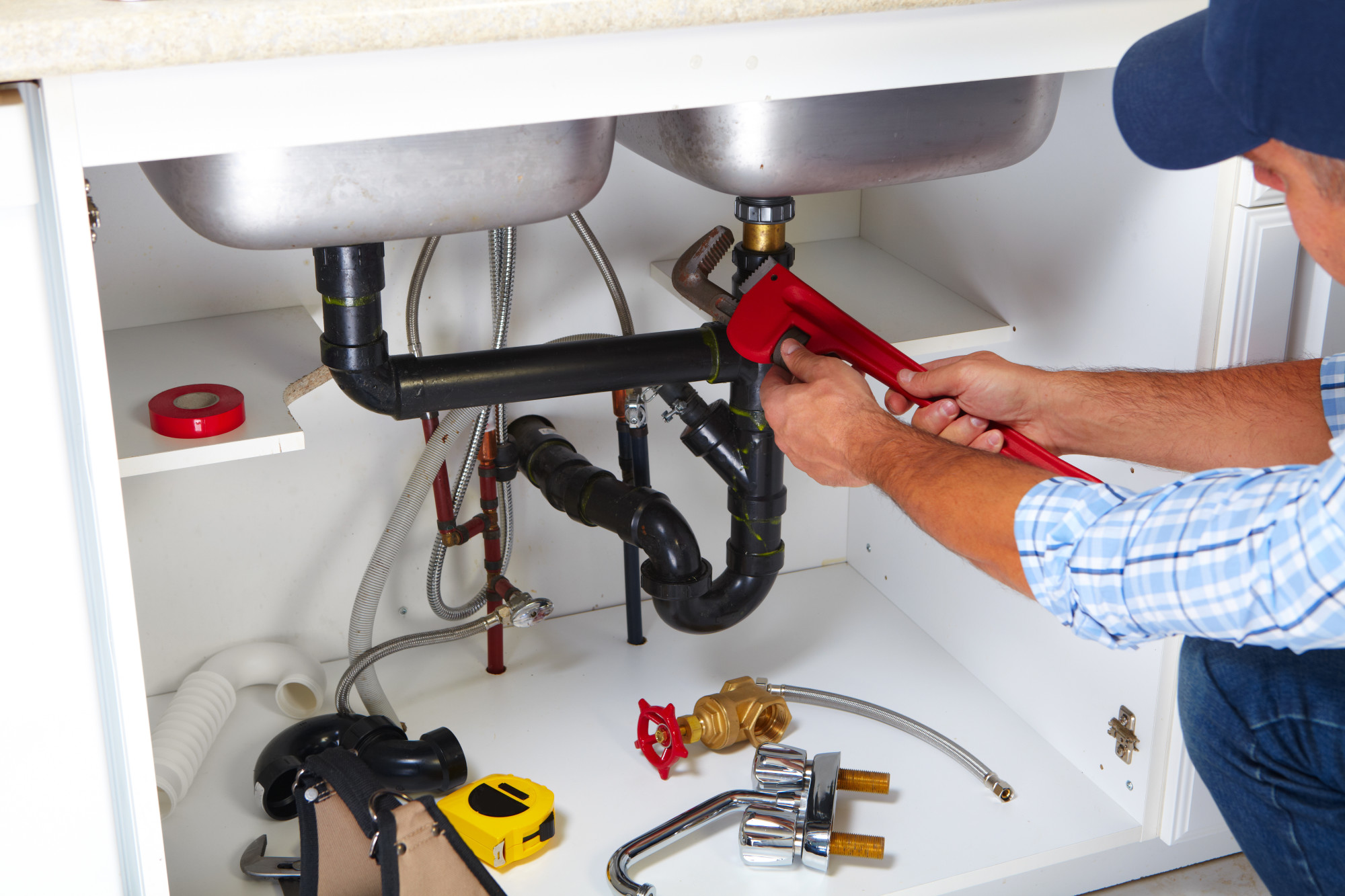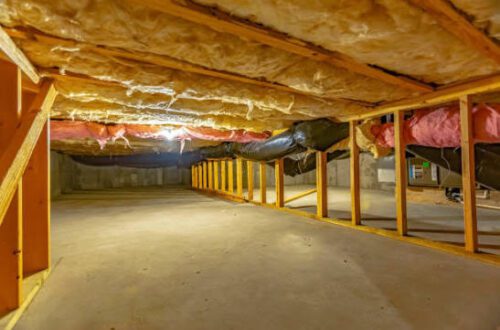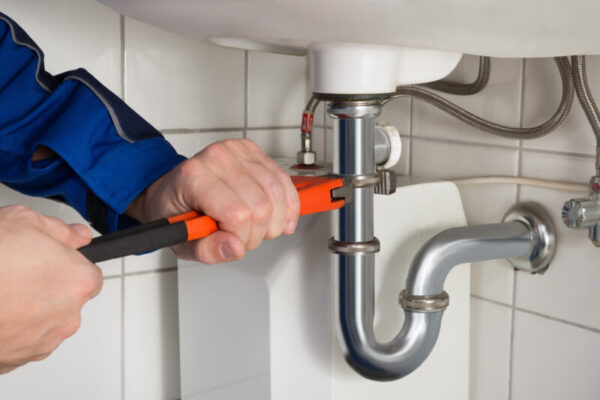Are you sweating over a broken air conditioner? Don’t give up just yet.
Our AC systems go wrong at the worst of times, leaving us hot and bothered. When this happens, it’s tempting to give up and go without, but you can’t achieve optimal personal productivity without an air conditioner. So, what do you do?
There are a variety of symptoms an AC can exhibit before it completely breaks down, and knowing what they are can save you time, money, and personal comfort. If you have an existing AC, knowing these warning signs can help you get it serviced or replace before it dies completely.
Let’s explore the main signs of a broken AC.
1. Warm Air
Warm air is a common symptom of a broken air conditioner. If you notice an AC blowing hot air, you should determine the cause.
First, check the air filter and replace it if necessary. Check the outside unit to see if it’s clogged with debris or leaves.
Finally, inspect the electrical connections to ensure they’re tight and secure. If these steps don’t resolve the issue, you may have a more severe problem.
2. Weak Airflow
A few different factors can cause weak airflow. The first is a clogged or dirty air filter. A clogged or dirty air filter restricts airflow and makes it harder for the air conditioner to reach its average operating temperature.
Another potential cause of AC weak airflow is a damaged or incorrect-size blower motor. Suppose the engine is not powerful enough to move the air; it needs to be replaced.
If you suspect weak airflow is an issue, the best thing to do is schedule an appointment with a professional HVAC technician for a complete system inspection to diagnose and repair the problem.
3. Strange Sounds
Strange sounds coming from an AC could mean it is broken. A peculiar noise could indicate that the fan blades must be cleaned or adjusted.
An abnormally noisy AC unit could also tell the fan motor is running at an incorrect speed. The rattling noises can also be associated with a defective blower wheel.
Regular maintenance and inspections can be beneficial in catching any signs of a malfunctioning AC before it breaks. Also, changing the air filter regularly can reduce the risk of any such complexities and extend the lifespan of the air conditioning unit.
4. Unpleasant Odors
The most common cause of AC units smelling bad is the buildup of mold or mildew, which requires immediate attention. You may also smell gas, indicating a potentially hazardous problem with the compressor.
If you smell smoke or burning, you should turn off the air conditioner immediately. T this could mean a severe wiring issue or other problems with the electrical components.
Other possible causes of odors may include a backed-up drainage pan or clogged filters. If you notice foul odors coming from your unit, you should contact these experts to investigate immediately. You must also regularly clean the filters and check the drainage pan to avoid this issue.
5. Leaks or Moisture
One telltale sign of a broken air conditioner is visible leaks or moisture. If you notice any water on or around your air conditioner, chances are something is wrong.
Depending on your AC unit type, the water could leak from a pipe, a refrigerant line, or a condensate pan. If you see any moisture or liquid, call a certified HVAC specialist to inspect your system and identify and address the issue.
In the meantime, turn off your unit. Open the windows to let in some fresh air and reduce humidity.
6. High Humidity
If you’re experiencing high humidity levels in your home, it could be a sign of a problem with your air conditioning system. Some possible causes of high humidity include:
Oversized AC Unit
If your air conditioner is too large for your home, it may cool the air too quickly and not run long enough to dehumidify it. This can result in high humidity levels.
Malfunctioning AC Unit
A malfunctioning AC unit can be one of the most aggravating problems, leading to uncomfortable and dangerous temperatures. A malfunctioning air conditioning unit may not dehumidify the air, effectively resulting in high humidity levels.
It is essential to take swift action to diagnose and address any of these issues, as they can carry serious consequences. Contacting a professional technician to inspect and repair the broken AC unit is recommended to prevent further damage.
Leaky Ductwork
Leaky ducts allow conditioned air to escape, leaving your home warm and stuffy. To tell if your ducts are leaking, look for damp spots, musty odors, or pieces of insulation at the seams of the vents.
The best way to repair the ducts is to contact a licensed HVAC contractor. Have them inspect the unit and ductwork.
7. Constant Cycling
This is when the unit runs for too short of a period, preventing it from reaching the desired temperature. Check the filter for dust and dirt buildup to diagnose the problem.
You should also check for condensate overflow and ensure all windows and doors are closed. It is also possible that the thermostat isn’t set right or needs to be recalibrated. In any case, you’ll need to contact a professional to perform a diagnostic.
8. Increased Energy Bills
An increased energy bill should not be ignored. It is often an indication that an expensive fix is necessary.
Look at the condensate drain pan, and ensure vents are not blocked. If any of these issues are not the problem, it’s best to call a qualified technician to investigate and see what repairs are necessary.
Ultimately, the repairs cost more than they would have if the issue had been addressed early.
Fix Your Broken Air Conditioner Today
It’s essential to be aware of the signs of a broken air conditioner so you can fix the issue quickly and affordably. If you’re experiencing any symptoms described above, contacting a professional is a good idea. They can quickly and effectively diagnose and repair the unit to get your AC back in shape quickly.
Don’t delay! Contact an air conditioner specialist today!
Was this article helpful? Check out our website today for more information and advice on home and garden services!






